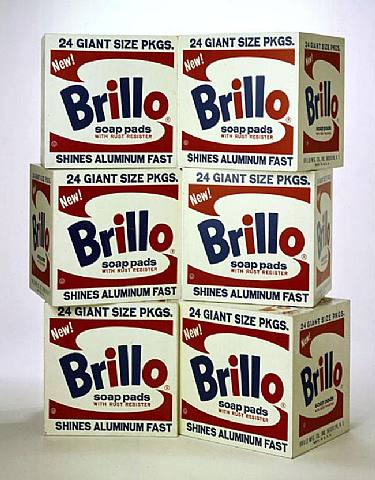The Art of the Sale
Wednesday, March 1st, 2017 • Politics

It worries me that the speech was “a success” because it reminds me of experiences with publicity/promotion types for whom “success” is a non-negotiable perfect attribute, like the speed of light, so that even products that everyone knows became bestsellers because of shrewd advertising or clever placement or well-arranged (or bought) endorsements are, afterwards, used as the metric of “a great product,” from a quality standpoint. In other words, the same people who figure out how to hype a mediocrity so it gets attention and notoriety and sells well, then turn around and characterize it as genuinely worthy (rather than admitting, “It wasn’t very good—we, or people just like us at another company, merely packaged it successfully”).
It’s the same thing with politicians, and it’s much more this way with Republicans than with Democrats because (post-Goldwater) they don’t think the same way about their constituents: they’re not interested in what those constituents actually think or believe or what damage this does—notwithstanding the occasional heroic moment like John McCain, astonishingly, correcting a town hall questioner who called Obama a Muslim—they just want the numbers, the sales, the votes. (My friend, a Trump supporter—for reasons apparently having to do with regulatory agendae and a mistrust of the NATO order and its trade systems, as well as a certain hard-to-define cultural anarchism—was a big fan of Obama; when I say, “You mean the Kenyan Usurper?” he shrugs and says, “That’s politics.”)
So Nixon (at first) and Reagan and Bush II and Trump (not yet but eventually) are elevated to “greatness” because the salesmanship worked well, since each man’s superficial attributes were malleable and compliant enough to fit into the stylistic “President” package (as Trump fit that package last night). And the goal is met; the elections won (just like those products hit their sales goals) and the agendae advanced,* so that eventually this quality itself becomes “greatness”; the operatives can’t tell the difference themselves any more because they’ve devoted their lives to erasing that distinction in the public’s minds.
*Hollywood producer Joel Silver, asked about the artistic merits of Die Hard and his other early hits, famously snapped, “I don’t make art—I buy art!” (meaning, the movies’ success allowed him to expand his personal collection of paintings—and all goals are met).